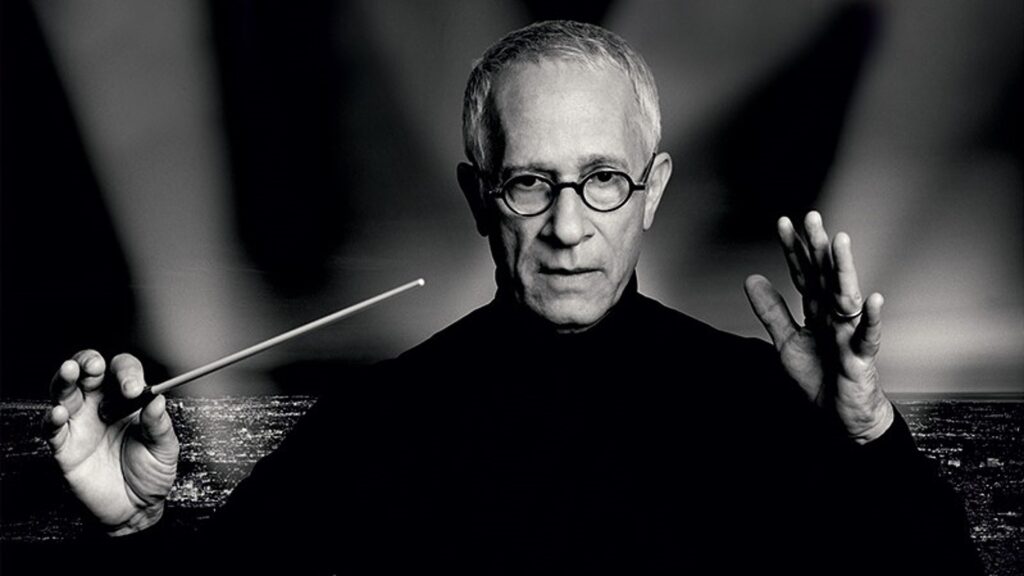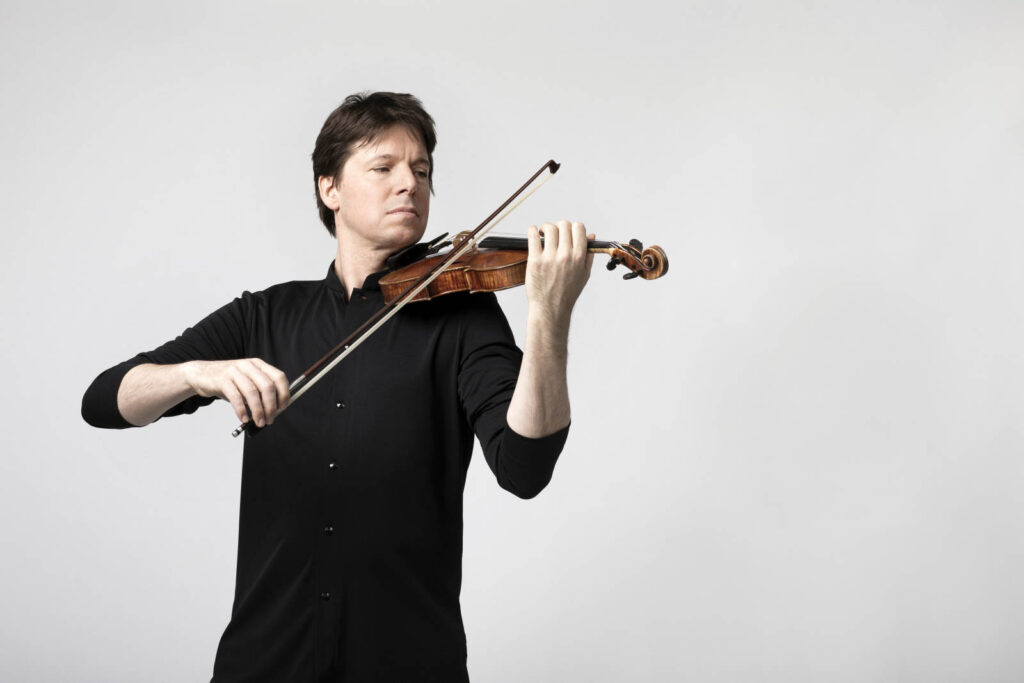Intro
During this semester, I had the privilege to analyze a movie score that is very dear to me, and continues to inspire me to write beautiful melodies and create awe inspiring music. “Defiance” which was directed by Edward Zwick, and produced by paramount vantage. You can rent or buy the movie from Amazon, and watch it there.
The Composer
It is fascinating to me how one man can create an atmosphere, which transcends any special effect, or cinematography trick by the director, and captivates any and all viewer/listener participating in the experience. That person is James Newton Howard.
He attended USC’s music school, but eventually dropped out to go on tour with Elton John. He is famous for writing the scores to Batman, King Kong, Salt, Fantastic Beasts, and one of my favorites, Defiance.

The Soloist
Joshua Bell, a renown solo violinist, had the privilege to be the main soloist for this film, and did a beautiful job.

The History
Defiance is a true story accounting the events that took place in Belorussia during the time of the Nazi regime in Germany. There were three, technically 4 brothers who changed history, by creating a camp in the woods that are, “responsible for saving more than 1,200 Jews from annihilation during the Holocaust. Today their descendants number more than 15,000 and span more than 4 generations” (Alexander Zeisal [Zus] Bielski).
The leader of the Bielski brigade, was a man named Tuvia Bielski. He was the mastermind of this whole operation, and was by far the most important character in the story. It was his idea to save both men, women and children alike. “Tuvia had focused on saving as many Jews as possible, and would accept any Jew into his group,” (Tuvia Bielski). He was married three times to Rifka, Sonia, and Lilka, who is also a character in the movie Defiance. These true events, inspired the making of the film, Defiance.
The Music
The performing forces for this movie are as followed:
- Flute
- Oboe
- Clarinet
- Bassoon
- Solo Violin
- Violin 1
- Violin 2
- Viola
- Cello
- Bass
- Trumpets
- French Horns
- Trombones
- Bass Drum
- Timpani
- Harp
- Pads/Synth/Bass
- Piano
The first runner up, which begins at the very start of the movie, is the “Defiance Main Titles” score. This soundtrack is a beautiful representation to the rest of the score. It is in C minor with a modal feel to it.
Since I know anyone reading this would appreciate a deeper analysis on the thought processes of Howard, I will gravitate towards there.
Themes are a beautiful construct, and were originally named a “leitmotif” by Wagner. James takes advantage of themes, just like every other composer out there, but he does it in a way that is extremely fascinating and should be recognized for it.
Not only does the solo violin beautifully portray the suffering of the Jewish people, but the way that he takes leitmotives and distributes them around the score during specific scenes, fascinates me. For example, “Your Wife” has the same melody as, “The Wedding,” and one of the first, “Survivors,” played in a different key, which signifies love and loss. Another example is the theme played in “Exodus” having the same melody as “Escaping the Ghetto,” and “Nothing is Impossible,” which signifies escape or survival. Another theme, that I actually found very recently, is “Tuvia Kisses Lilka,” which corresponds to, “The Bielski Brothers,” which represents family, or a foreshadowing of it in Lilka’s case. This theme is played in the oboe, both times.
Imagery
Another technique that Howard uses is imagery. An example of this is in when Tuvia is kissing Lilka, and the melody starts with the oboe, and repeats the same line, adding the violin melody on top of it, joining them both together in perfect harmony. What does this represent, you might ask? Them kissing of course… This example is a beautiful portrayal of just a piece of what Howard brilliantly describes in his music.
Emotion and historical acuteness, is what Howard was looking for when he was composing this score. In Make Them Count, the music builds as if imitating Tuvia’s anticipation, fear, anger, revenge, and regret. It allows the audience to put themselves in his shoes, to experience what he truly felt in that moment. The solo violin also does a brilliant job at portraying the anguish that Tuvia is feeling in the scene. Jewish people most likely felt the same emotions when it came to the people that nazis who killed their families and friends, which is ultimately why Howard used the violin as the voice crying out in the wilderness.
The Ostinato is also a technique that Howard uses to keep the propulsion going in the score. For example, in Camp Montage, Howard uses the violas to add better contrast in the score.
What I Learned
Composers are keen to implement themes and different techniques, to guide the listener along through the story. This allows us as composers to manipulate your emotions to feel a certain way in the scene. The techniques that Howard uses were:
- Themes (Your Wife, The Wedding, etc.)
- Intervals (Appoggiatura)
- The perfect 4ths and 5ths (Winter)
- Leading tones and other tension builders.
- This music is highly contrasted, having tracks that are loud, and intense, all the way to the very simple 4th interval string line in “Winter.”
- Violin is clearly an effective instrument to represent a persecuted people in the height of World War II.
- Technology in the modern era has advanced to the point that anyone can create very realistic samples that you can layer with a “real-life” solo violinist, like Joshua Bell.
- Music is effective in a movie. If you watched this film without this score, or with a different style or use of instruments, you would feel very different.
If you’d like to listen to some of my music, check out my homepage!